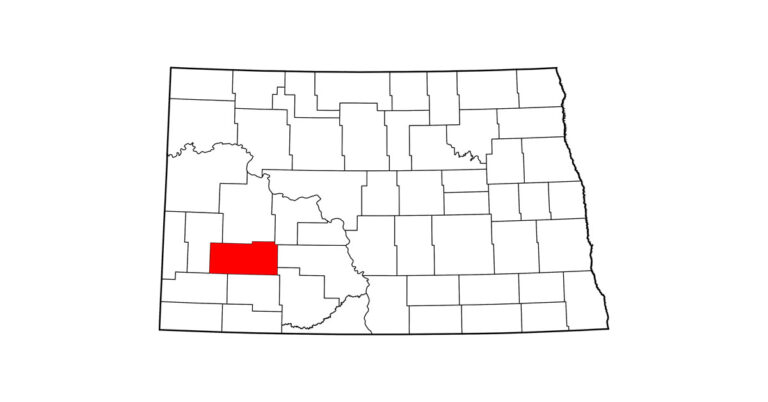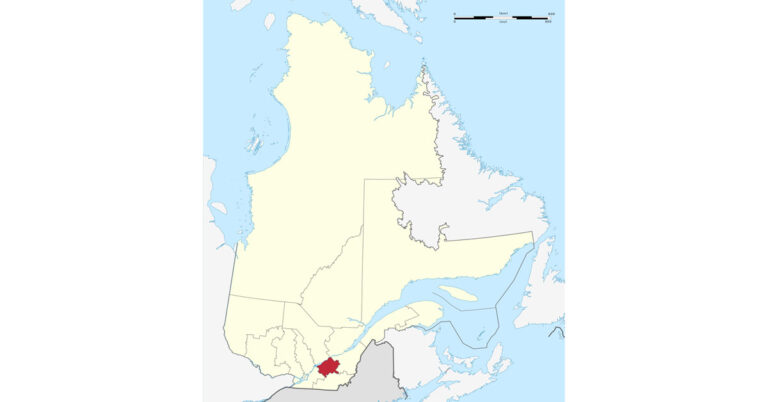The Nevada Department of Agriculture (NDA) has received reports that two horses that were in attendance at the National Reined Cow Horse Association (NRCHA) Stallion Stakes event have tested positive for the respiratory, non-neurologic form of Equine Herpes Virus Type 1 (EHV-1). One horse was from California, and the second was from Clark County and is under quarantine order by State Veterinarian JJ Goicoechea.
.jpg)
Horses in attendance at the NRCHA event, which took place at the South Point Equestrian Center March 30 through April 6, may have been exposed to EHV-1 and should exercise extreme caution when traveling or competing.
“No quarantine is in place for the South Point Equestrian Center and the facility continues to exercise extreme caution,” Dr. JJ Goicoechea said. “At this time, I am recommending horse owners in Nevada don’t travel or compete with their horses.”
[READ MORE: EHV-1 HORSE HEALTH GUIDE]
In addition, there has been one unrelated case of EHV-1 reported on an unvaccinated horse with neurologic signs in Clark County.
“These two cases are not related and are examples of why monitoring of horses and rapid reporting of positive test results are critical to protecting Nevada’s equine industry,” Dr. Goicoechea said. “The facility where the EHV-1 positive horse with neurologic symptoms is located has also been placed under quarantine, and I am not making additional recommendations because the horse has no travel history off the property.”
EHV-1 is a reportable disease, meaning when veterinarians diagnose it, they are required to notify the Nevada Department of Agriculture, per NRS 571.160. A list of reportable diseases can be found at agri.nv.gov.
Continue to monitor horses, practice biosecurity
Dr. Goicoechea continues to recommend best biosecurity practices as event season is underway, and always monitor horses for signs of disease, like fever or runny nose.
[LEARN MORE: Keep Your Horse Safe From Infection With Biosecurity]
Biosecurity means doing everything possible to reduce chances of an infectious disease being transferred by people, animals, equipment or vehicles. EHV-1 and other diseases can be easily transferred on boots, coats, gloves and equipment. Some basic practices include:
- Never share equipment between horses, and always wear clean clothes when going from ill horses to others.
- Always start chores at healthy horses, and end with sick or recovering (within 30 days) horses.
- Avoid common areas such as hitching rails, wash racks, etc. during an outbreak.
The Nevada Department of Agriculture (NDA) promotes a business climate that is fair, economically viable and encourages a sustainable environment that serves to protect food, fiber and human health and safety through effective service and education. The NDA includes the divisions of Administration, Animal Industry, Consumer Equitability, Food and Nutrition and Plant Industry.





